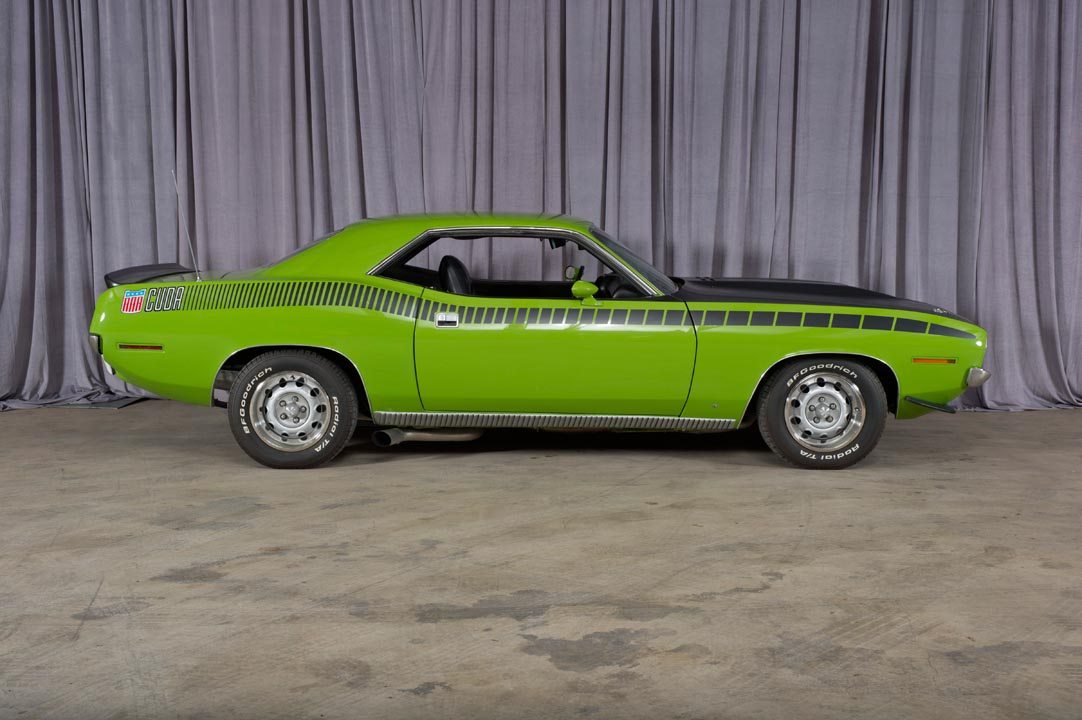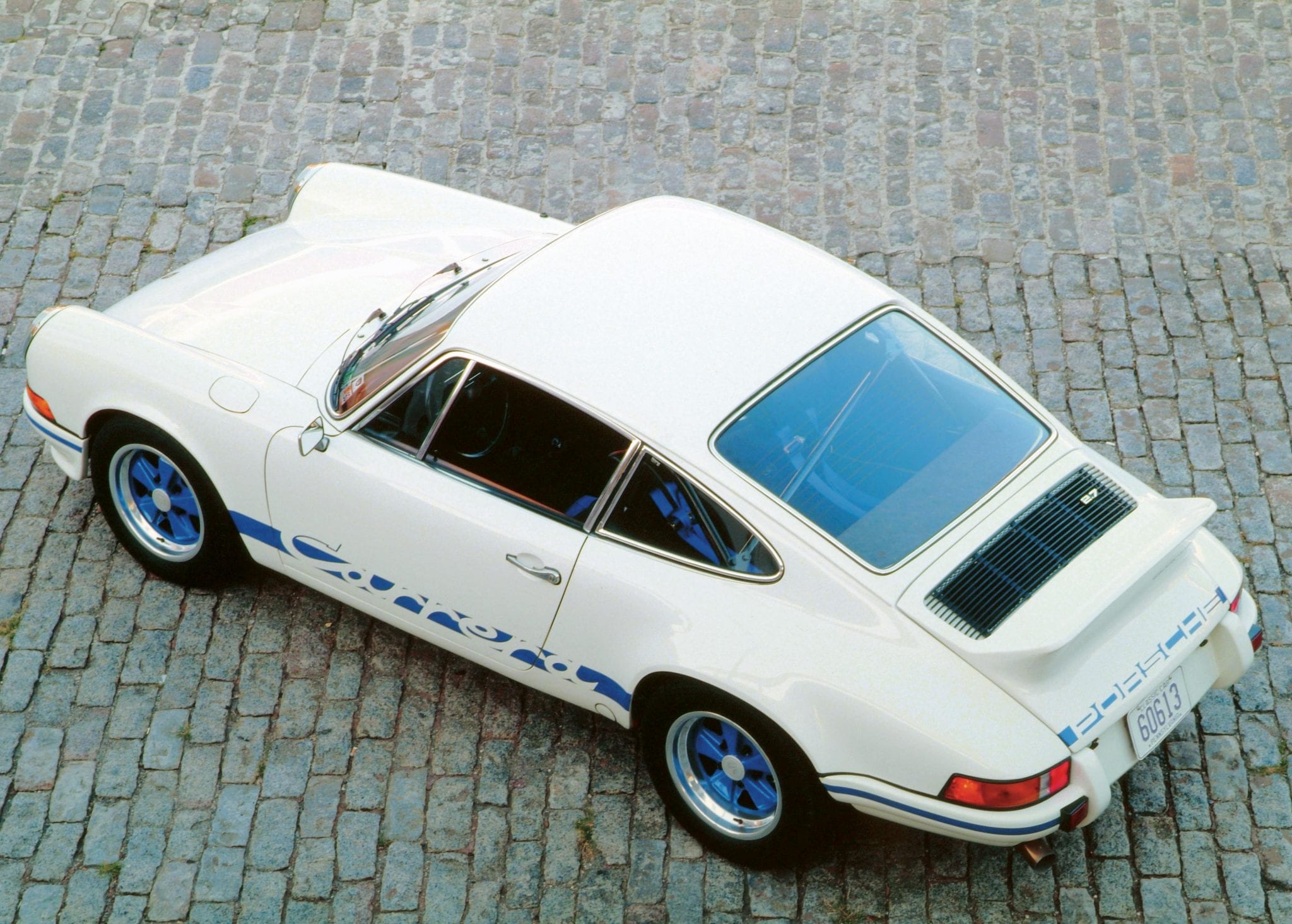
In the glory days of Trans Am racing, great drivers like Sam Posey and Mark Donohue plied the racetracks of America in some of the most exciting production-based cars ever built. Ford trotted out the Boss 302, GM had the Camaro Z-28, and not to be left out, Plymouth muscled up the Barracuda to create the ‘Cuda. Carroll Shelby’s Mustangs had won the 5.0-liter class of the SCCA Trans-American Championship for Manufacturers in 1966 and 1967, and the Camaros took the trophy in 1968 and 1969, and Chrysler wanted a slice of the pie.

With hopes of breaking the Big Two’s lock, Plymouth hired Dan Gurney’s All American Racers in Santa Ana, Calif., to build a Trans-Am ‘Cuda. It was more than competitive, winning it’s fair share of races. For 1970, Plymouth decided to honor those achievements on the track with a dealer-only street car option called the AAR, which stands for All-American Racers. The result was the 1970 Plymouth AAR ‘Cuda, Plymouth’s factory built race car. Has there ever been a more in-your-face vehicle built in North America? Three carburetors, fiberglass hood and spoiler, side exit exhaust and eye popping graphics make the Plymouth AAR ‘Cuda impossible to ignore.

You could not miss the differences between an AAR and a regular Barracuda on the street – starting with paint colors like the Sublime Green on this car – and some aggressive “strobe light” graphics in flat black to match the fiberglass hood. The eyebrow spoilers up front match the molded spoiler out back, giving the car a purposeful stance. The exhaust tips poking out from in front of the rear BF Goodrich Radial TA’s are another clue that an AAR ‘Cuda means business.
Pop the hood pins, and the 340 V-8 greets you with the Six Pack option that breathe through the functional hood scoop. This example is a numbers matching car with a thorough restoration, right down to the hoses, clamps, screws, and markings. The owner reports this ‘Cuda was done on a rotisserie with incredible attention to originality, and I can testify that it sounds fantastic and chirps the tires in any gear.

The 2,727 AAR ‘Cudas built for the street featured the same block and offset-pushrod heads, but without the bigger ports. Still, with the full 340 cubic inches, three two-barrel Holleys on an Edelbrock aluminum manifold and low-restriction, side-exit exhaust, the street mill made 290 hp at 5000 rpm and 345 lb ft of torque at 3400. The street car packed heavy-duty springs, power front disc brakes, a four-speed transmission and an 8.75-inch Sure-Grip axle. Exterior identification included a remote control racing mirror and the racing spoilers. Plymouth priced the ‘Cuda at $3,966, and named it AAR in honor of Gurney’s operation.

Inside, the optional wood grain steering wheel sets up a clean dash, with the basic black vinyl bench seat interior. In fact, there’s not much but plastic and paper wood in the interior of this car, but if that’s a problem, you’ve missed the point. These were light and very competitive cars in their day, and one-year-only production makes them a special find. By 1971, the entire Trans Am program was collapsing, so with nothing left to honor, the ‘Cuda’s days were numbered.

If you have a Plymouth Barracuda or another collectible you’d like to insure with us, let us show you how we are more than just another collector vehicle insurance company. We want to protect your passion! Click below for an online quote, or give us a call at 800.678.5173.


Leave A Comment